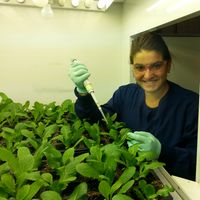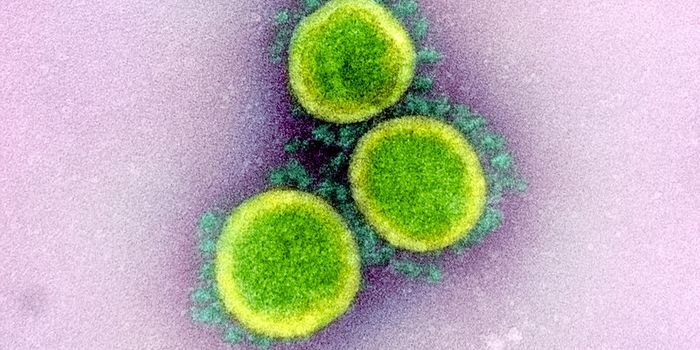Campylobacter Outbreak Traced to Puppies
Campylobacter causes an estimated 1.3 million illnesses each year in the United States. The bacteria are curved or s-shaped and have the ability to survive in environments with low levels of oxygen. The route of transmission is typically fecal-oral and outbreaks are often attributed to consumption of undercooked poultry, contaminated water, drinking raw unpasteurized milk, or through contact with animals.
A Campylobacter outbreak beginning in September 2015 has sickened 67 individuals across 15 states with an epidemiological link to contact with puppies from Petland, Inc. Credit: Good Housekeeping
A Campylobacter infection can lead to gastroenteritis with symptoms including diarrhea, cramps, fever and pain. Sometimes diarrhea may contain blood. The majority of people infected will recover on their own, although some will need medical treatment, especially immunocompromised individuals.
According to a recent update released by the Centers for Disease Control and Prevention (CDC), a multidrug-resistant strain of Campylobacter has sickened 67 people across 15 states with 27% of individuals requiring hospitalization. In addition, 93% of individuals in this outbreak reported having contact with puppies from a Petland, Inc. store.
Of those affected by the outbreak, 18 patients were Petland employees and 44 people either recently purchased a puppy from Petland, visited a Petland store, or visited a home where a puppy sold by Petland lived before their symptoms began.
Public health officials reportedly used whole genome sequencing (WGS) to demonstrate that Campylobacter isolates from puppies and ill people were genetically similar. WGS also identified multiple antimicrobial resistance genes and mutations in isolates from ill persons and puppies. Traditional antibiotic susceptibility testing of 10 isolates revealed resistance to antibiotics including azithromycin, ciprofloxacin, clindamycin, erythromycin, nalidixic acid, telithromycin, and tetracyclin. Of those 10 isolates, 8 were also resistant to gentamicin and 2 were resistant to florfenicol. Scientists believe that antibiotic resistance may be associated with the high rate of hospitalization in this outbreak.
The CDC recommends to always wash your hands when handling dogs or puppies and especially after picking up their feces. Puppy owners should also work with their veterinarian to ensure the health of their pets and prevent the spread of disease.
Sources: Food Safety News, CDC









